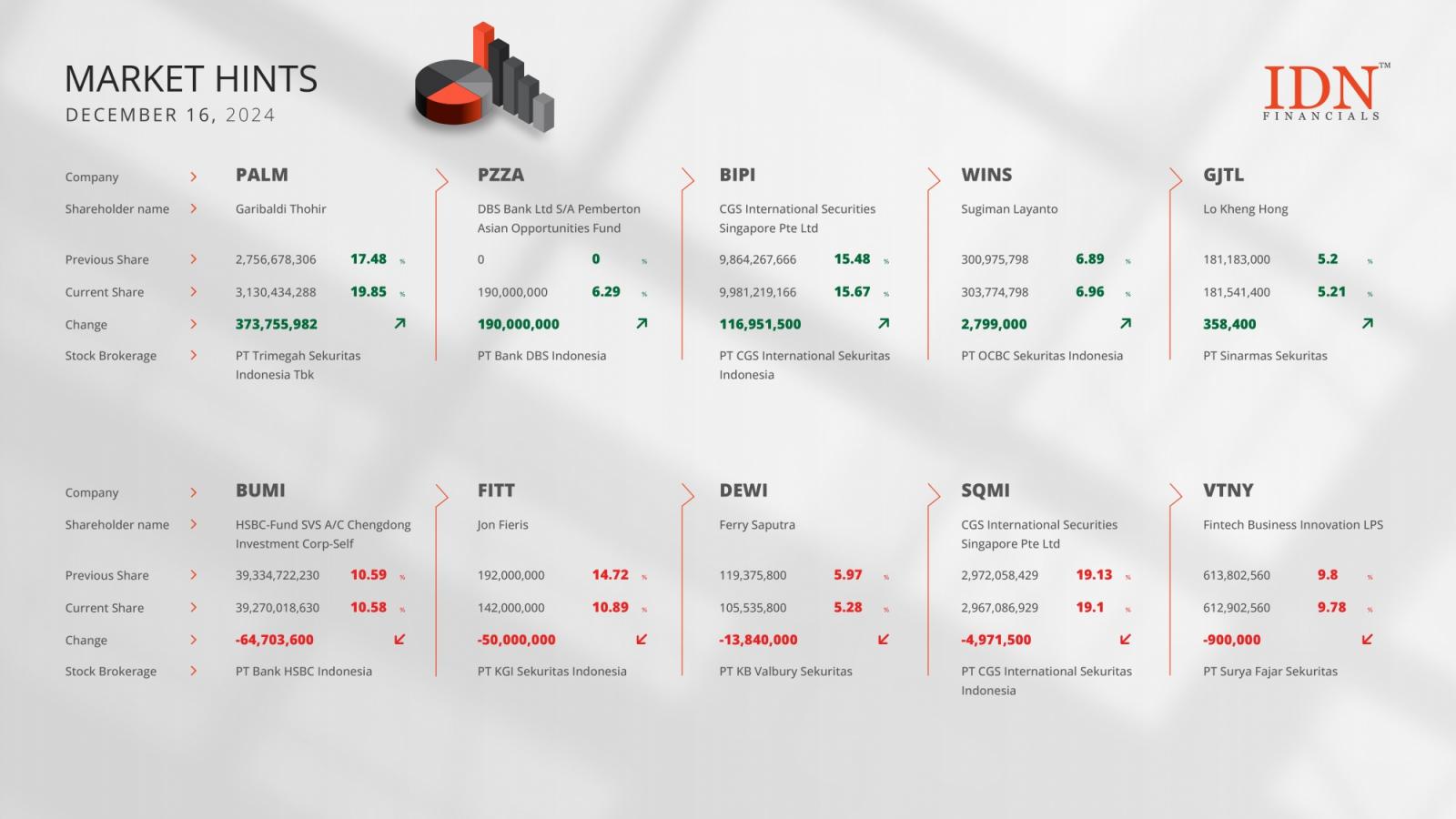Ethan Peck urges Amazon and Microsoft to explore Bitcoin to combat inflation and preserve shareholder value.Shareholder proposals can drive corporate Bitcoin adoption but face resistance from asset managers and technical hurdles.
Corporate America is facing a compelling question: Should tech giants like Microsoft and Amazon add Bitcoin to their balance sheets? Ethan Peck, Deputy Director of the Free Enterprise Project, has helped this argument pick up steam.
Peck stated in a recent interview with Anthony Pompliano on his YouTube channel his attempts to bring shareholder recommendations asking big companies to invest in Bitcoin. The inducement is eventually, by addressing financial inefficiencies brought on by inflation and underperforming bonds, benefits will flow to owners.
Peck’s method stems from a basic but novel concept: inflation is unintentionally erasing value in companies with large cash balances.
His idea calls for Bitcoin as a deflation-proof asset to increase shareholder wealth preservation and expansion. But why are companies reluctant to adopt this vision, and exactly how do these shareholder motions work?
Evaluating Bitcoin: Microsoft’s Missed Opportunity?
With its large cash reserves, Microsoft was clearly the target for Peck’s initial Bitcoin proposition. Cash reserves plus low-yield bonds fall short of inflation as he described to Pompliano. Consistent deterioration of shareholder value follows from this.
Although Peck’s suggestion did not call for a quick response, it urged businesses to consider Bitcoin’s feasibility in line with their financial plan. “Corporate fiduciary responsibility to their shareholders,” Peck said. He added:
“They are neglecting their responsibility to maximize returns if they are not investigating Bitcoin as a solution.”
Though this argument makes sense, Microsoft and other corporate behemoths have demonstrated resistance. The idea was turned down by Microsoft’s board, and just 0.5% of the shareholders approved.
But as Peck noted, institutional asset managers like BlackRock and Vanguard owning significant blocks of votes was mostly responsible for the low percentage. Their votes sometimes mirror more general conservative ideas than necessarily the interests of individual shareholders.
Peck’s Grassroots Push for Bitcoin at Amazon
Following Microsoft, Peck turned his attention to Amazon, a company with equally huge cash on hand. The objective still is to motivate businesses to rethink their financial plans given growing inflation. Beyond mere ideas, Peck’s initiatives support a grassroots movement whereby retail investors may join the campaign for Bitcoin acceptance.
For Peck, teamwork is really vital. “The message is stronger the more people who submit proposals,” he observed. Although just three people make up his team at the Free Enterprise Project, their combined efforts over the past three years have produced over 150 ideas across different businesses.
Peck also appreciates help from the Bitcoin community since he understands its enthusiasm and capacity to spread the word.
Submitting shareholder recommendations is a complex process with many difficulties, most of which are proposals on small technical issues, such as exceeding word limitations or neglecting to fulfill rigorous deadlines, that are routinely turned down by businesses. But Peck’s experience with these challenges has made him a top advocate for corporate Bitcoin acceptance.
Why Big Companies Hesitate on Bitcoin Adoption
The resistance of businesses such as Microsoft and Amazon to adopt Bitcoin exposes a more general cultural and financial issue. Many times citing risks or volatility, large asset managers and investment stewardship departments hesitate to promote creative ideas.
Peck describes this as a “blockbuster moment,” akin to companies overlooking the opportunities presented by new technology such as streaming or cellphones.
Peck is still hopeful for the future and sees a moment when business America welcomes Bitcoin not only for its financial advantages but also for its congruence with sensible monetary policies. “It’s a process,” he acknowledged. “We can build momentum, though, with more exposure and education.”
There are significant stakes. Should even a small percentage of the S&P 500 devote some financial reserves to Bitcoin, the knock-on effects might reshape corporate finance.
For Peck, the main objectives are obvious: empower owners, inspire creativity, and enable businesses to carry out their fiduciary responsibilities in an always-changing financial environment.
Buy Bitcoin GuideBitcoin Wallet TutorialCheck 24-hour Bitcoin PriceMore Bitcoin NewsWhat is Bitcoin?





